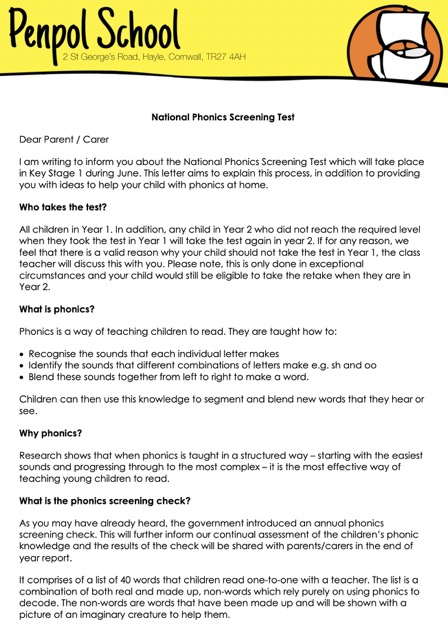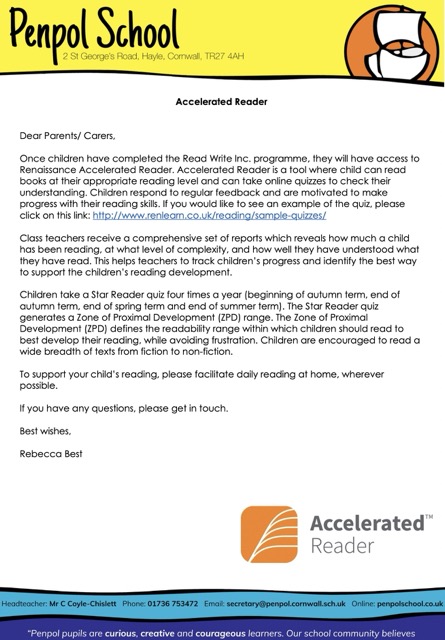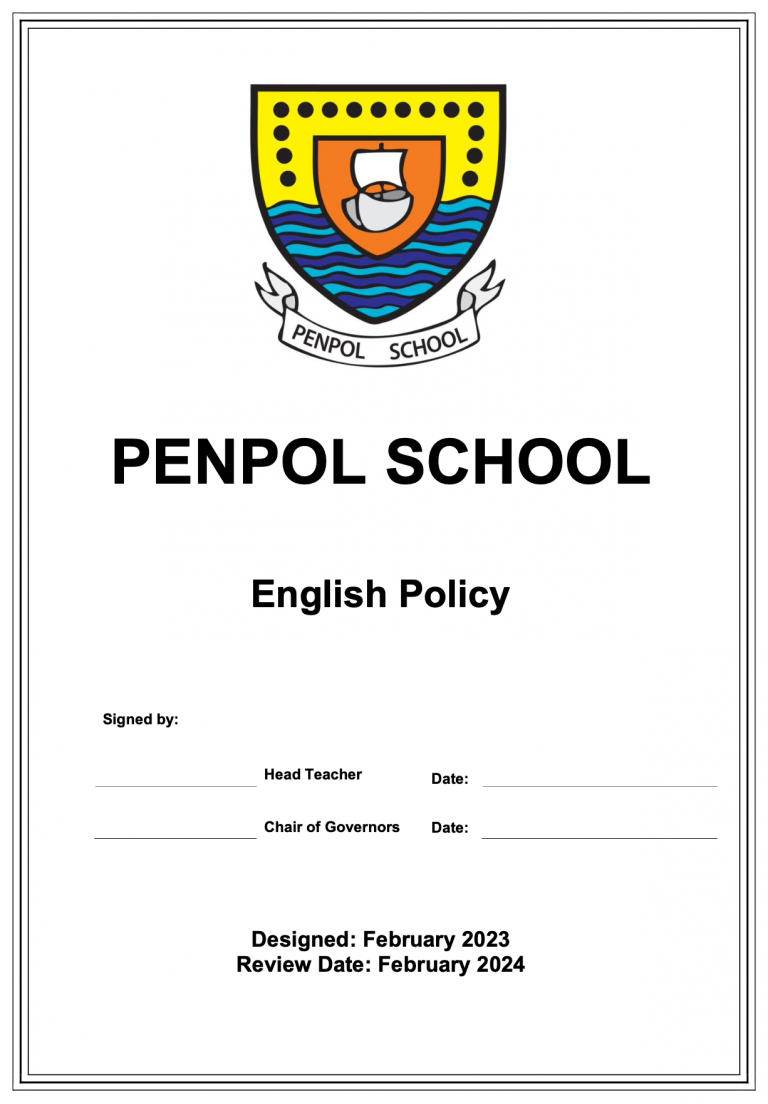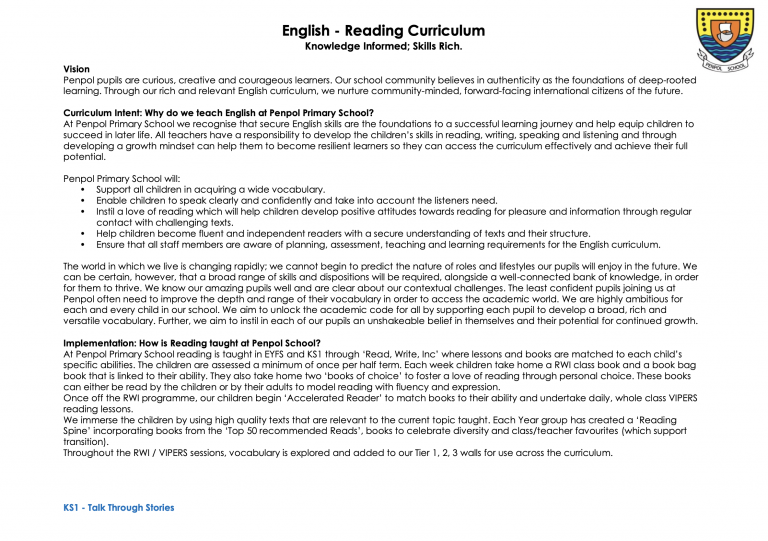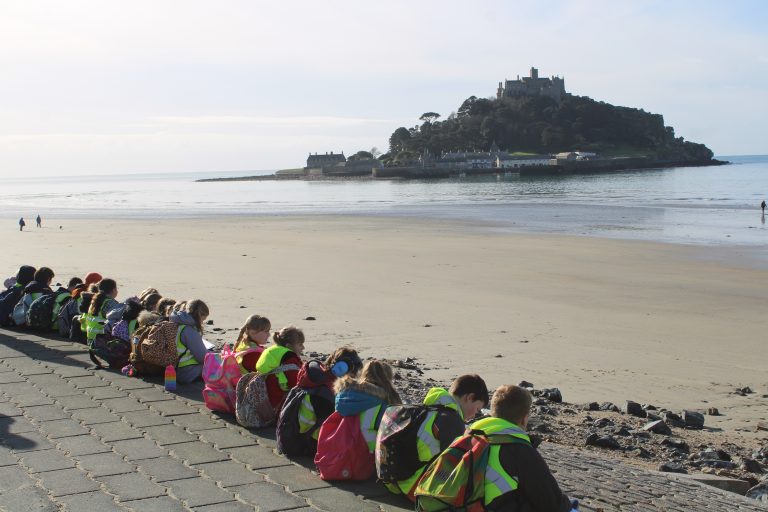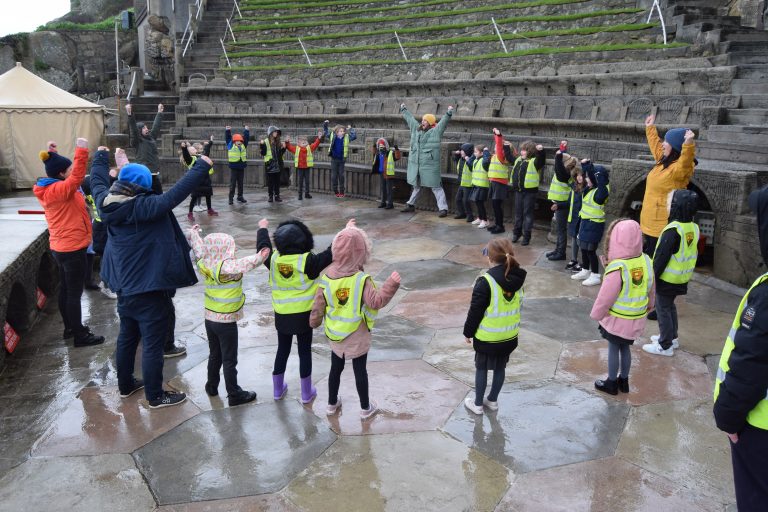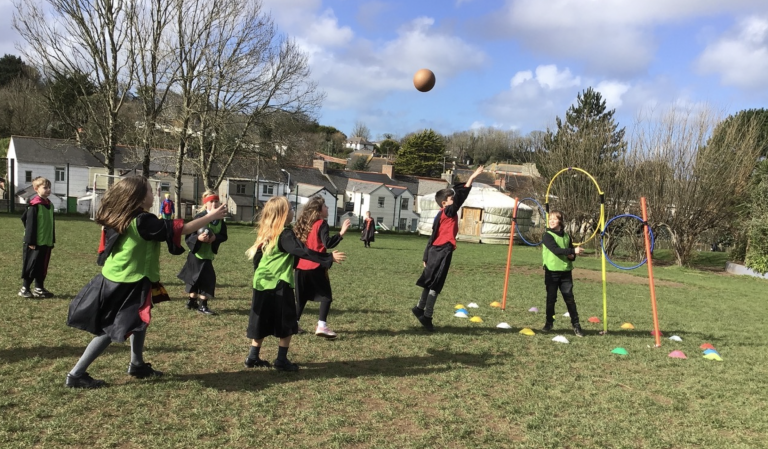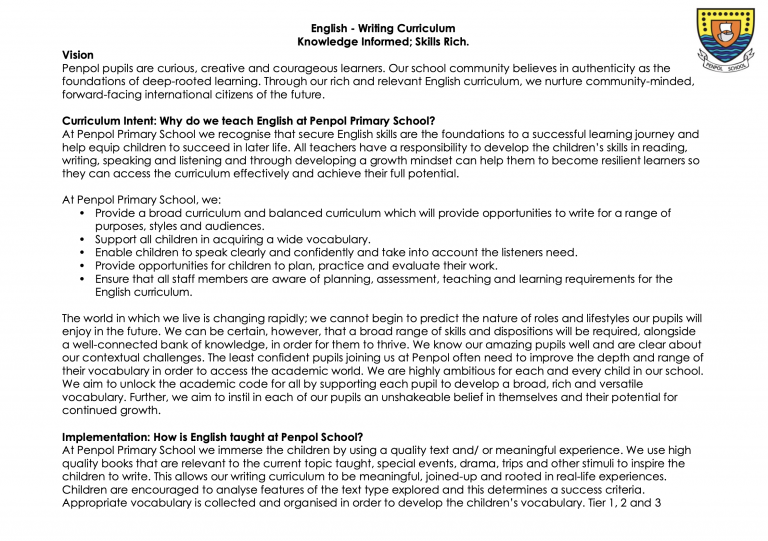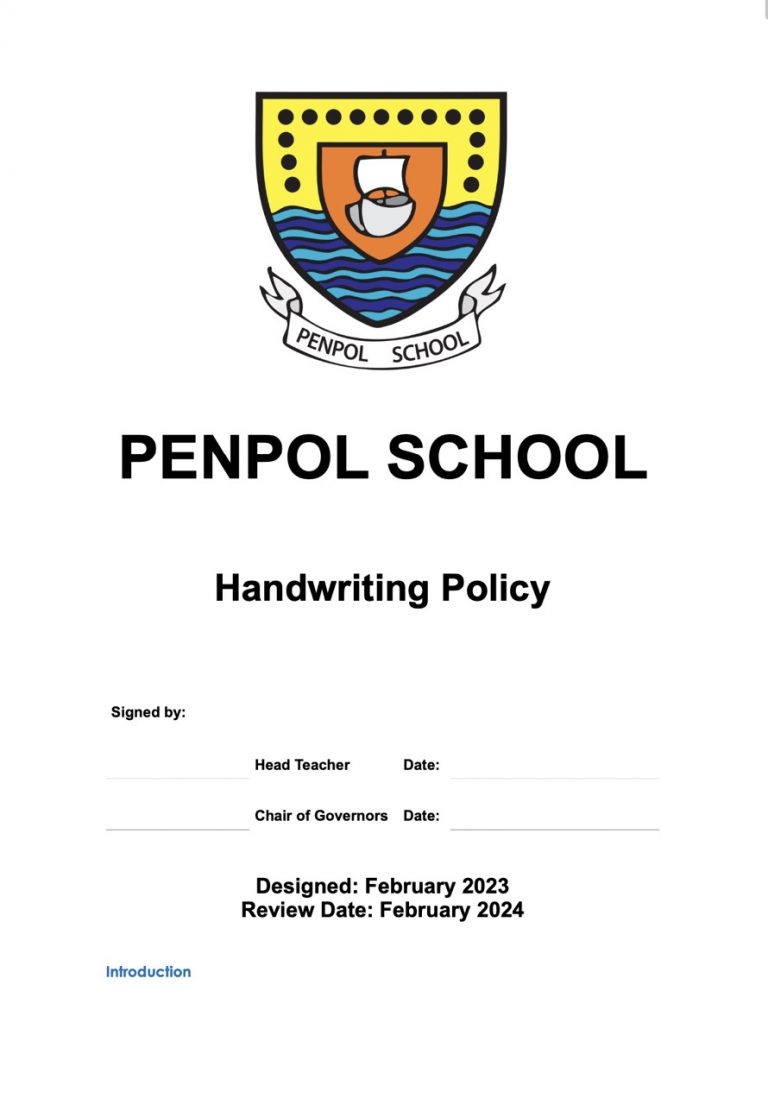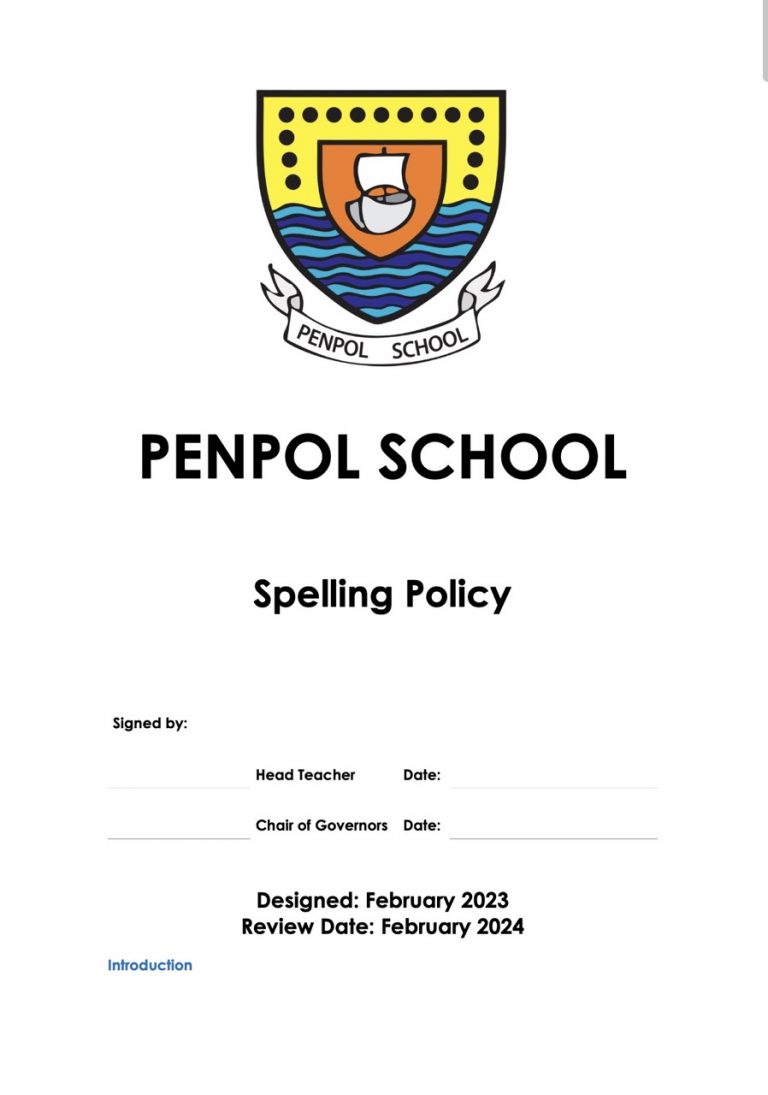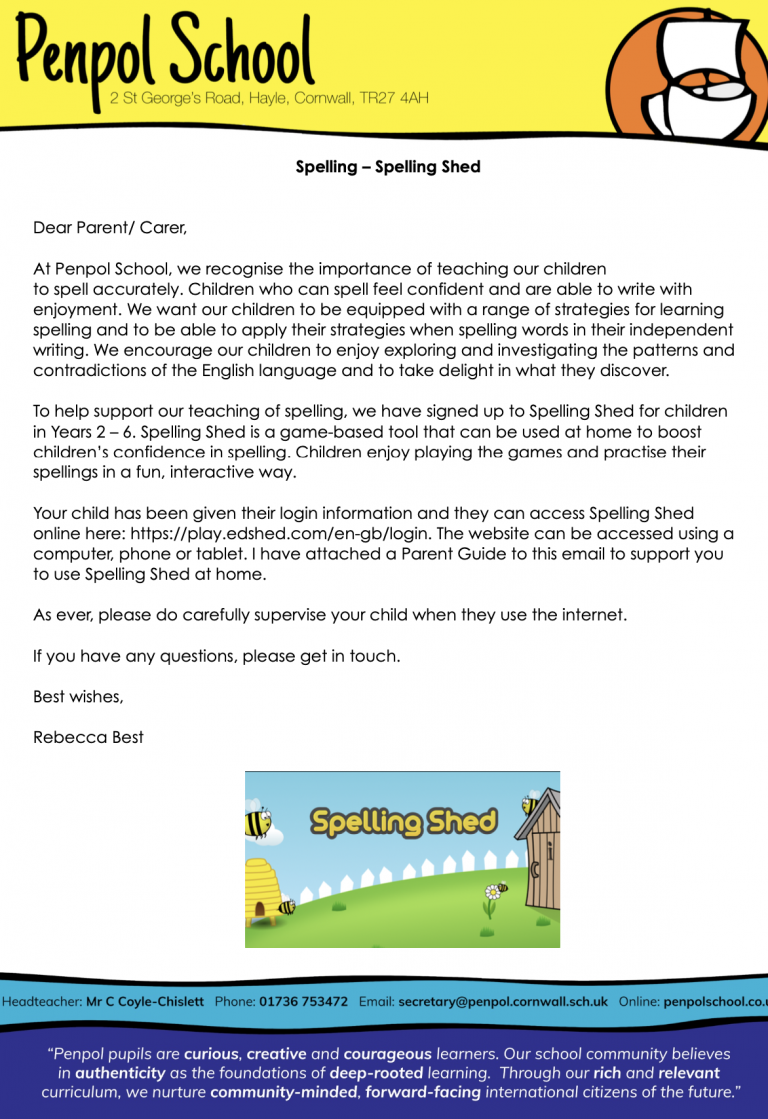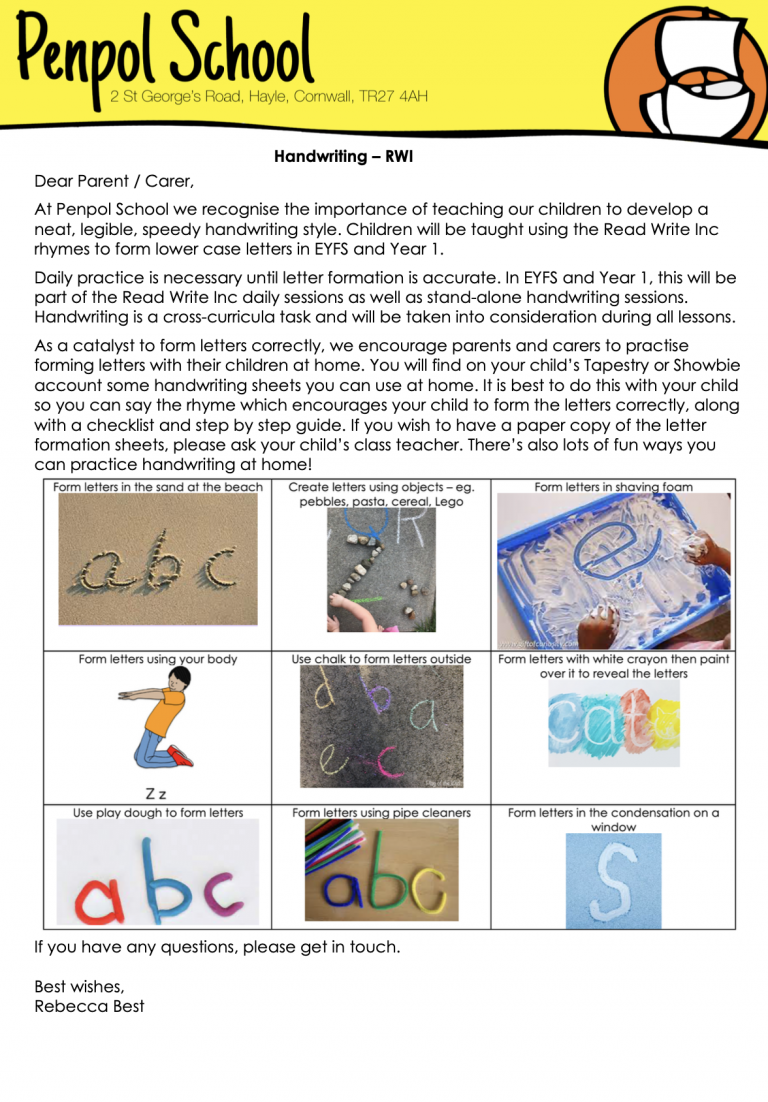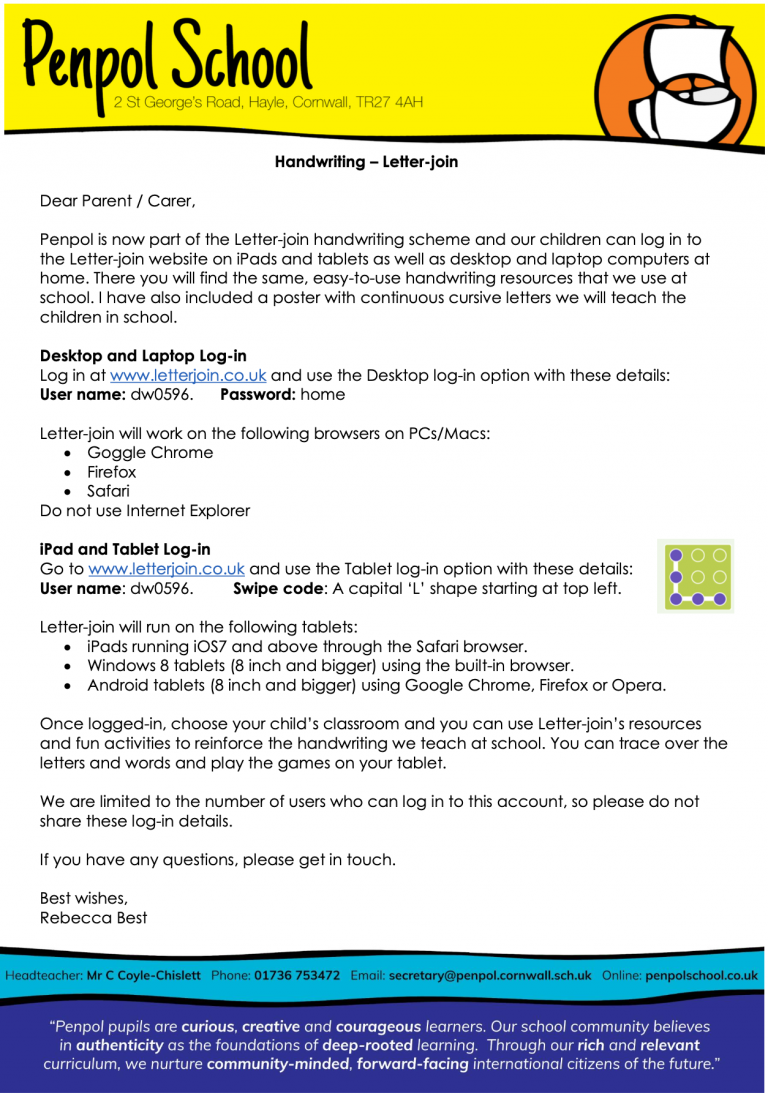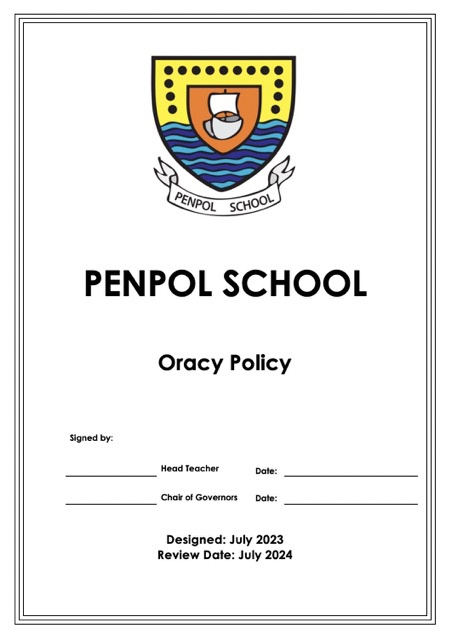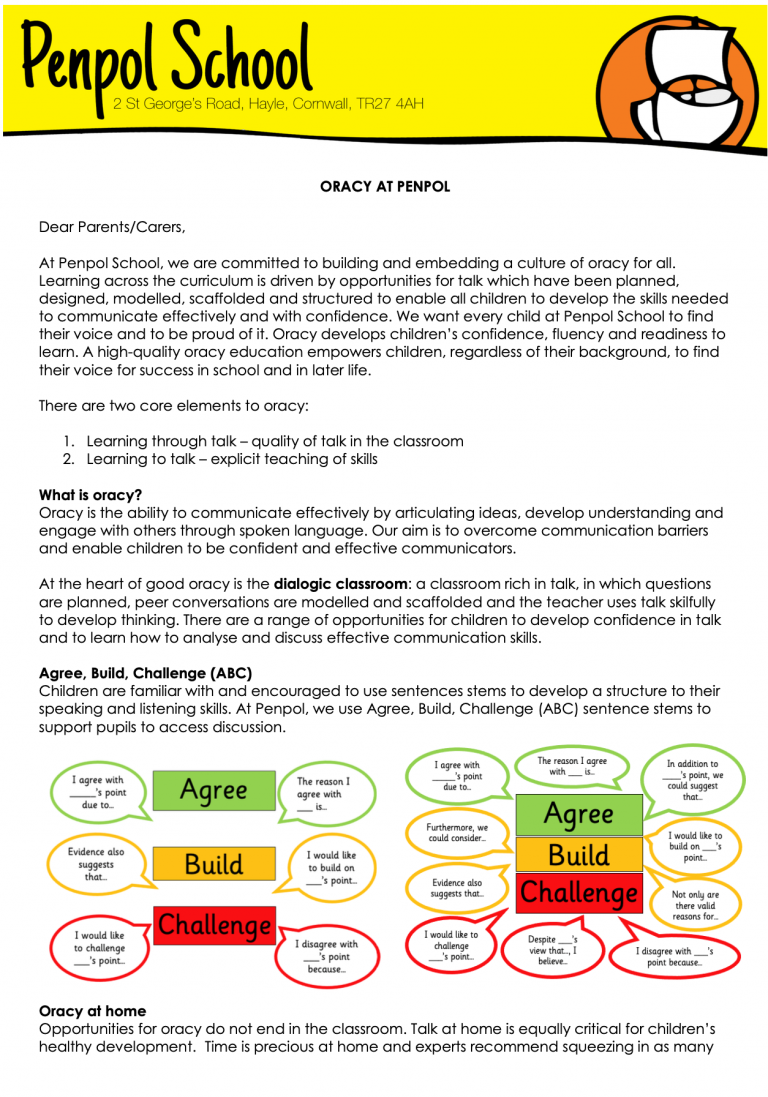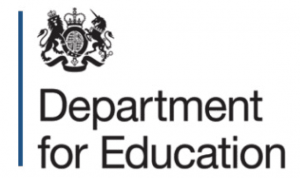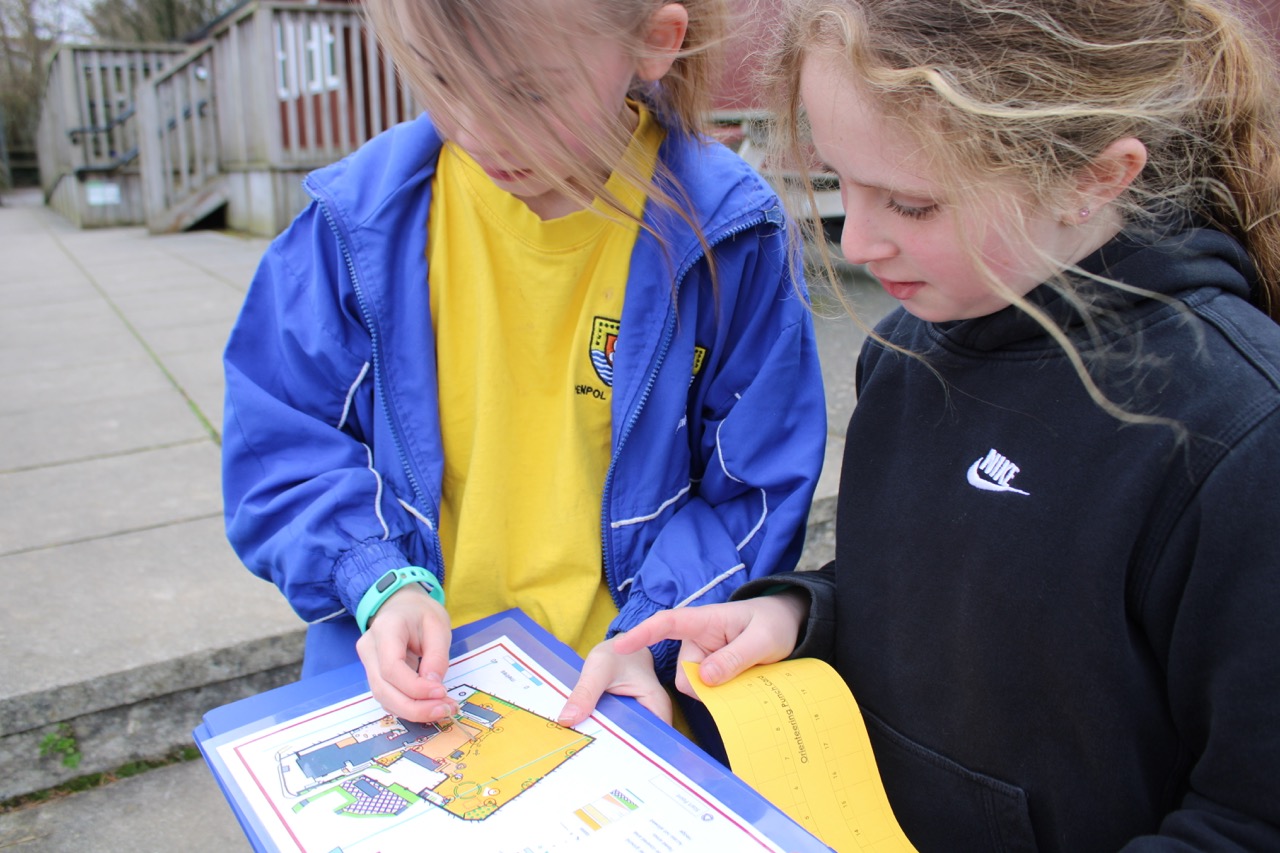
Curriculum Links
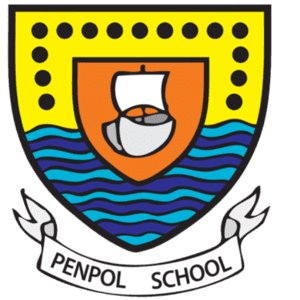
English Curriculum
English is led by Rebecca Best, KS2 Reading Lead is Sheridan Peck, Early Reading and Phonics Lead is Elizabeth Nidds and Reading for Pleasure Champion is Penny Curnow
Reading at Penpol School
- Vision
- Intent
- Implementation
- Impact
Penpol pupils are curious, creative and courageous learners. Our school community believes in authenticity as the foundations of deep-rooted learning. Through our rich and relevant English curriculum, we nurture community-minded, forward-facing international citizens of the future.
Why do we teach Reading at Penpol School?
At Penpol Primary School we recognise that secure English skills are the foundations to a successful learning journey and help equip children to succeed in later life. All teachers have a responsibility to develop the children’s skills in reading, writing, speaking and listening and through developing a growth mindset can help them to become resilient learners so they can access the curriculum effectively and achieve their full potential.
Penpol Primary School will:
- Support all children in acquiring a wide vocabulary.
- Enable children to speak clearly and confidently and take into account the listeners need.
- Instil a love of reading which will help children develop positive attitudes towards reading for pleasure and information through regular contact with challenging texts.
- Help children become fluent and independent readers with a secure understanding of texts and their structure.
- Ensure that all staff members are aware of planning, assessment, teaching and learning requirements for the English curriculum.
The world in which we live is changing rapidly; we cannot begin to predict the nature of roles and lifestyles our pupils will enjoy in the future. We can be certain, however, that a broad range of skills and dispositions will be required, alongside a well-connected bank of knowledge, in order for them to thrive. We know our amazing pupils well and are clear about our contextual challenges. The least confident pupils joining us at Penpol often need to improve the depth and range of their vocabulary in order to access the academic world. We are highly ambitious for each and every child in our school. We aim to unlock the academic code for all by supporting each pupil to develop a broad, rich and versatile vocabulary. Further, we aim to instil in each of our pupils an unshakeable belief in themselves and their potential for continued growth.
How is Reading taught at Penpol School?
At Penpol Primary School reading is taught in EYFS and KS1 through ‘Read, Write, Inc’ where lessons and books are matched to each child’s specific abilities. The children are assessed a minimum of once per half term. Each week children take home a RWI class book and a book bag book that is linked to their ability. They also take home two ‘books of choice’ to foster a love of reading through personal choice. These books can either be read by the children or by their adults to model reading with fluency and expression.
Once off the RWI programme, our children begin ‘Accelerated Reader’ to match books to their ability and undertake daily, whole class VIPERS reading lessons.
We immerse the children by using high quality texts that are relevant to the current topic taught. Each Year group has created a ‘Reading Spine’ incorporating books from the ‘Top 50 recommended Reads’, books to celebrate diversity and class/teacher favourites (which support transition).
Throughout the RWI / VIPERS sessions, vocabulary is explored and added to our Tier 1, 2, 3 walls for use across the curriculum.
Additional strategies for Reading are described in the sections below.
What will we see from the teaching of Reading at Penpol?
Through regular and robust assessments in RWI children make good progress with their decoding and early reading skills.
Progression through KS2 is mapped through use of accelerated reader, whole class marking for Vipers Guided Reading sessions. These also apply to some children in KS1 who are off the RWI programme and are ready for that level of challenge.
Acquisition of high-level language is also tracked through application in writing and oral literacy.
All of these well-delivered, clearly assessed elements of reading lead to children at Penpol being engaged, enthusiastic and avid readers. Children at Penpol are well-equiped to enter the next stages in their learning, feeling confident to apply their skills across the broad curriculum.
How is Reading taught at Penpol School?
Talk Through Stories (Key Stage 1)
Talk Through Stories fosters a love of reading and creates language rich children by extending and deepening children’s spoken vocabulary through a range of children’s literature. It is linked to Read, Write, Inc and is taught in EYFS and Key Stage 1. The story is re-read and the vocabulary explored through short activities. Here are some examples of activities explored during Talk Through Stories:
· Introduce the story and read it to the children.
· Discuss the problem/dilemma in the story.
· Re-read the story so children join in with predictable phrases
· Explore vocabulary.
· Freeze-frame activity so children can construct sentences orally and build on children’s vocabulary.
· Explore children’s comprehension through ‘Which sentence is right activity?’
· My turn/Your turn to repeat the sentences before discussing their opinion.
· Invite the children to decide what they think about the characters – are they ‘nice’ or ‘not nice’ – and why they think so, then act in role as the teacher plays ‘quiz the character’.
Guided Reading (Key Stage 2)
In Key Stage 2, guided reading is taught daily as a whole class as this allows all children (regardless of their personal word recognition and phonics skills) to access, experience and discuss high-quality texts and to be taught the key comprehension skills therefore preventing them from being held back by the mechanical skills of reading.
Teachers provide children with a high-quality text that provides appropriate level of challenge. Throughout guided reading sessions, teachers will model specific objectives, strategies and reading. Children will be given the opportunity to read the text for understanding during guided reading. A variety of reading approaches will be used. For example, children to read out loud to an adult, partner reading, silent independent reading and whole class reading. Children will be asked VIPERS (Vocabulary, Infer, Predict, Explain, Retrieve and Summaries) questions to answer during guided reading sessions. Children can verbally discuss questions, work in partners, work in groups, class discussions or record their answers independently in their notepad books. Mappix needs to be updated regularly to monitor the children’s reading progress. Please see Appendix 3 – Whole Class Guided Reading Sequence for more information about the teaching of Whole Class Guided Reading.
Read Write Inc.
Within KS1, Read Write Inc is used to ensure that every child becomes a confident and fluent reader. As with EYFS, children are assessed on entry and again on a half termly basis. Read Write Inc is taught on a daily basis.
The lowest 20% in each year group are identified and undergo regular 1:1 tutoring to close the gap. Fluency interventions take place for children who know their sounds but are working on developing their ‘speedy reading’.
Accelerated Reader
Accelerated Reader is introduced for any children who have progressed past the RWI programme in KS1 as well as across Key Stage 2. A child reads a book, takes an online quiz, and gets immediate feedback. Children respond to regular feedback and are motivated to make progress with their reading skills.
A comprehensive set of reports reveals how much a child has been reading, at what level of complexity, and how well they have understood what they have read.
Every term, children take the Star Reading test which generates a ZPD range. From this, teachers are able to set children reading targets and once children have completed their book, they take a comprehension quiz. The Zone of Proximal Development (ZPD) defines the readability range within which children should read to best develop their reading, while avoiding frustration. The ZPD is especially useful for children using Renaissance Accelerated Reader, which lists readability levels for all quizzed books. Children are encouraged to read a wide breadth of texts from fiction to non-fiction.
Reading Buddies
Reading Buddies is a programme in our school. During Reading Buddies, each child is partnered with a child from a different year group. Children will spend time with their reading partner and they will listen to each other read a book or their own writing.
The younger children benefit from Reading Buddies as they:
• Enjoy hearing stories read aloud to them
• Have the opportunity to have conversations about topics that interest them
• Have regular opportunities to practice familiar reading with 1:1 assistance
• Enjoy a fun, positive reading experience in a relaxed environment
The older children benefit from Reading Buddies as they:
• Further develop their own reading skills
• Foster leadership and problem-solving skills
• Improve self-confidence that comes from being looked up to
• Feel a sense of importance by helping someone in their community
Concepts taught in Reading at Penpol
-
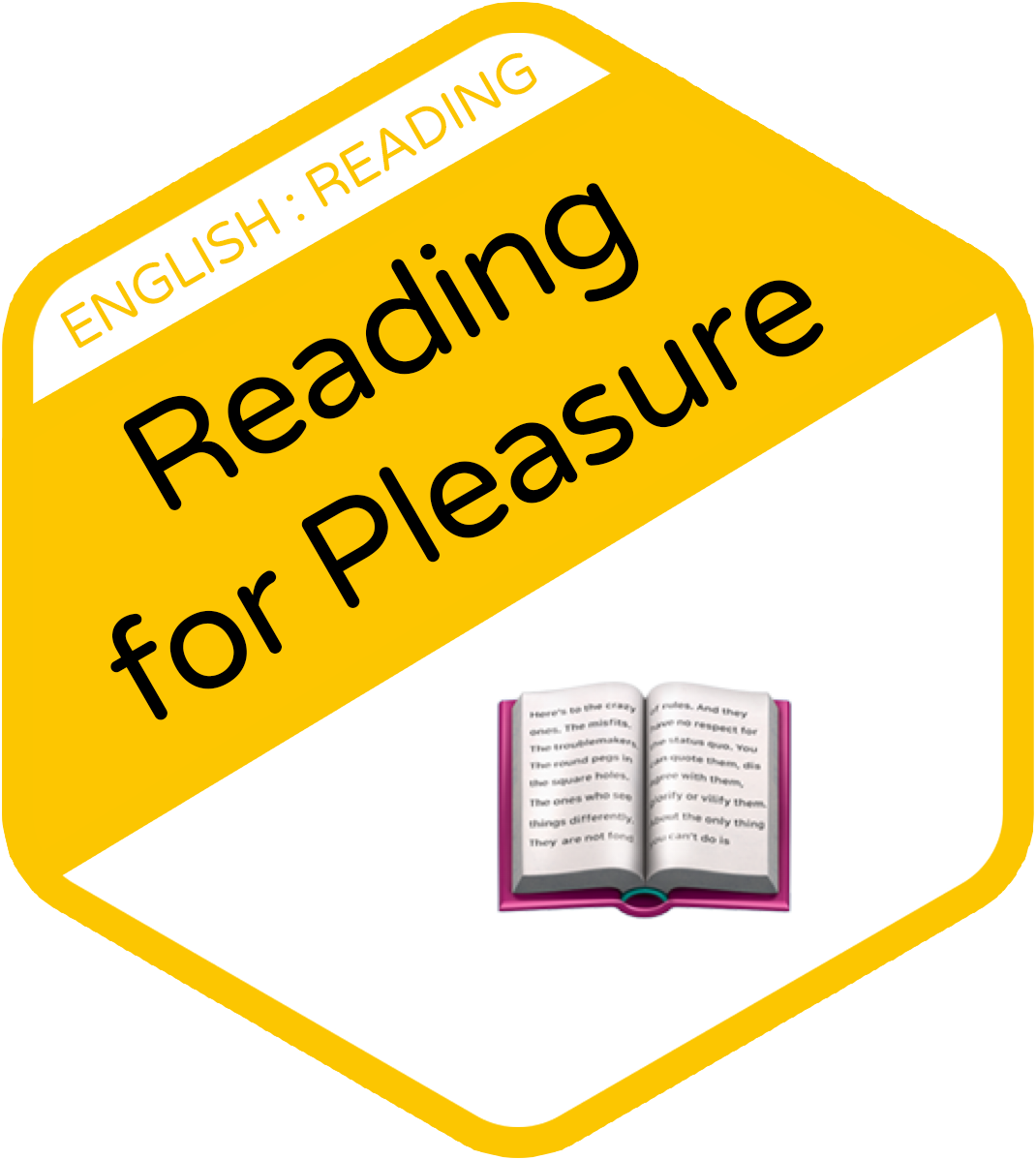
Reading for Pleasure
The enjoyment of reading.
-
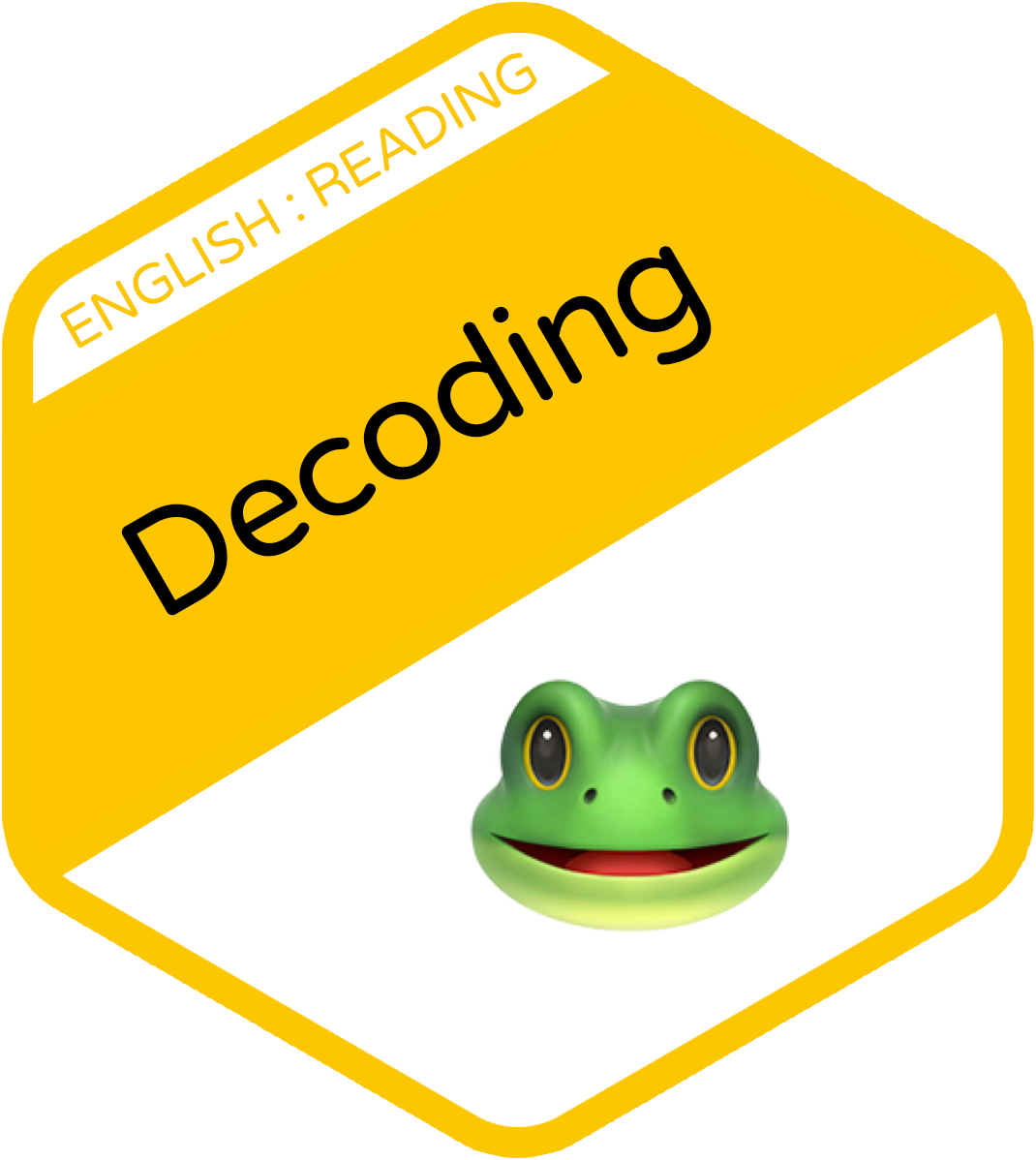
Decoding
Sounding out letters to read words.
-
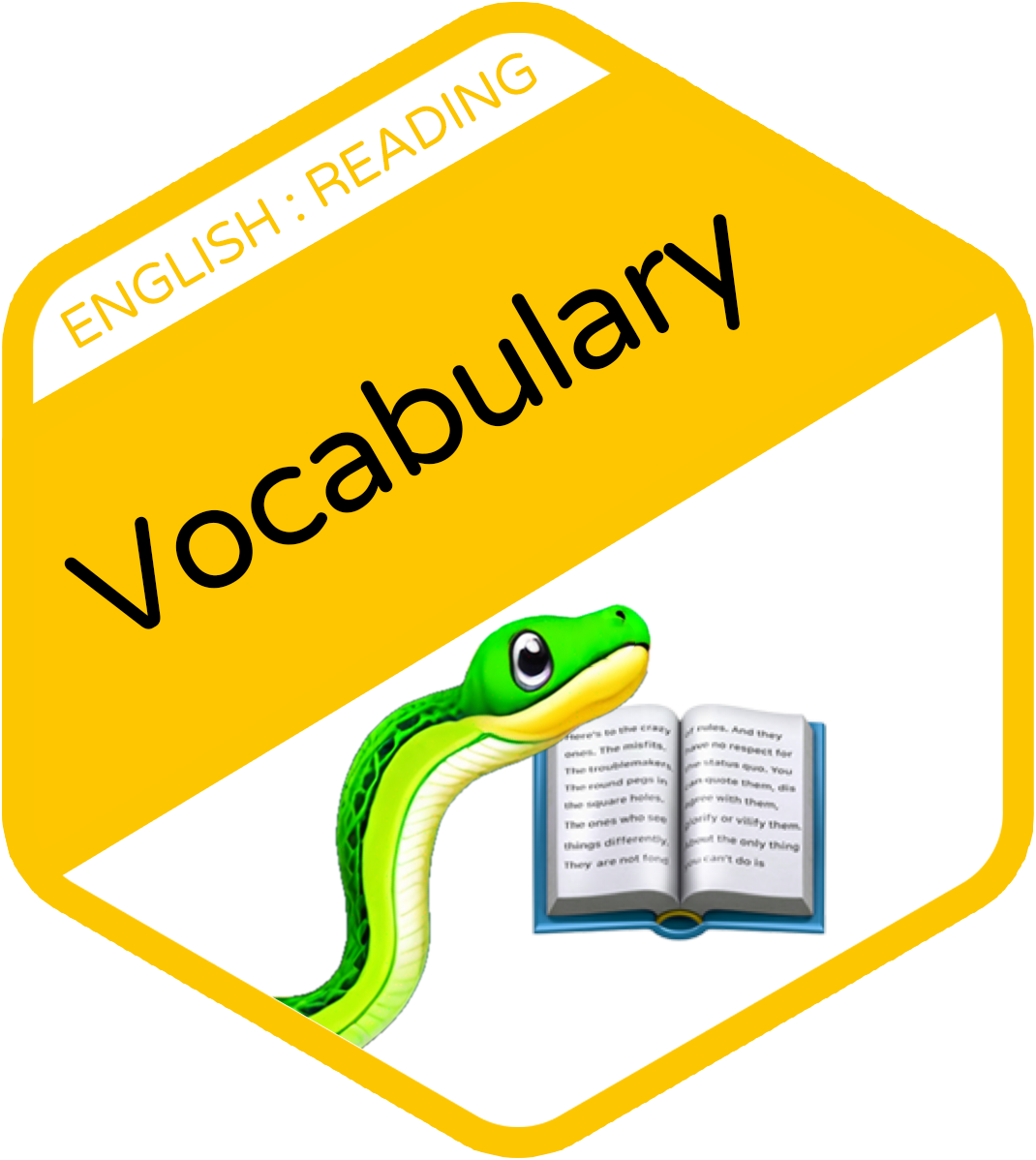
Vocabulary
Find and explain the meaning of words in context.
-
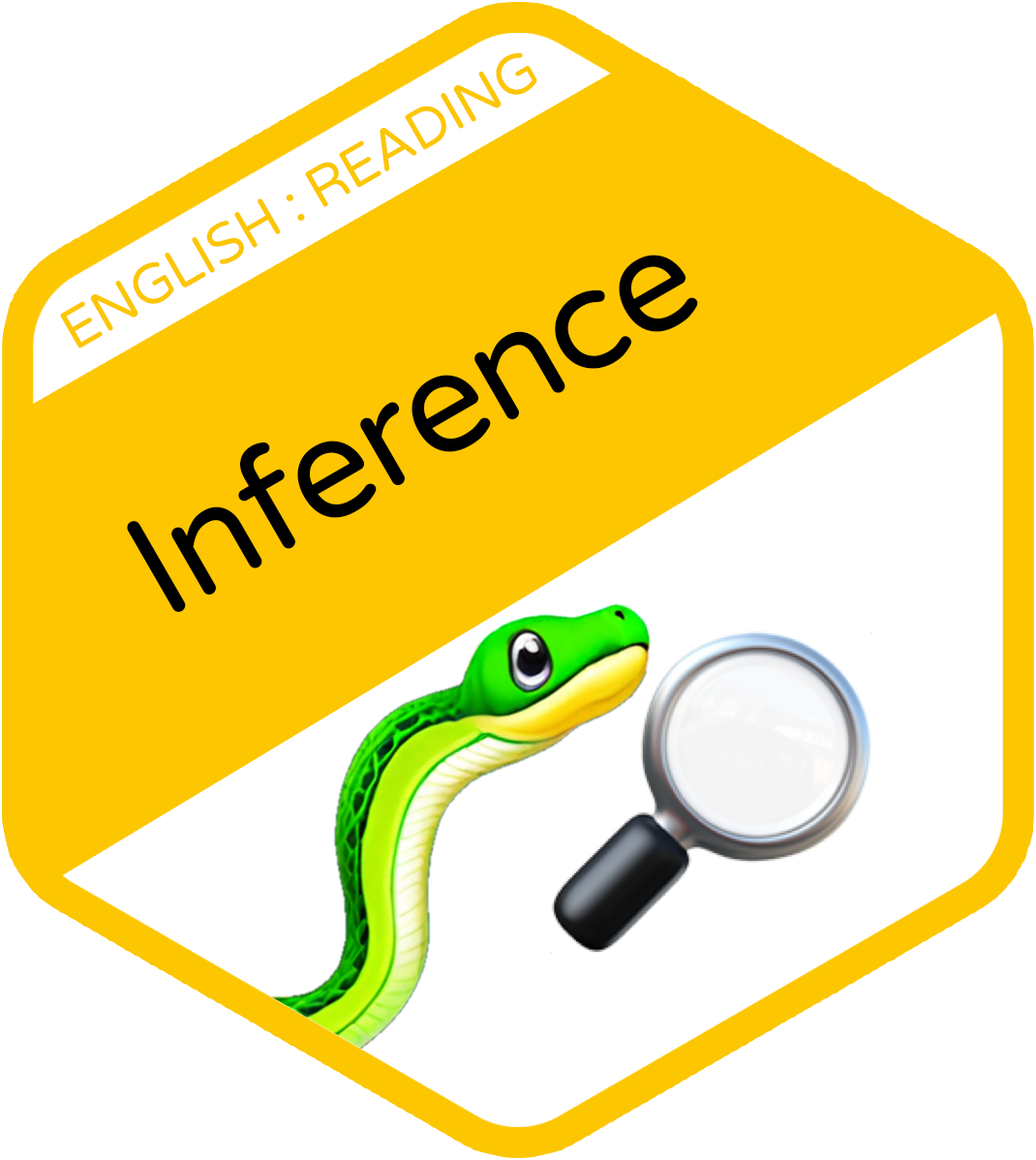
Inference
Make and justify understanding using evidence from the text.
-
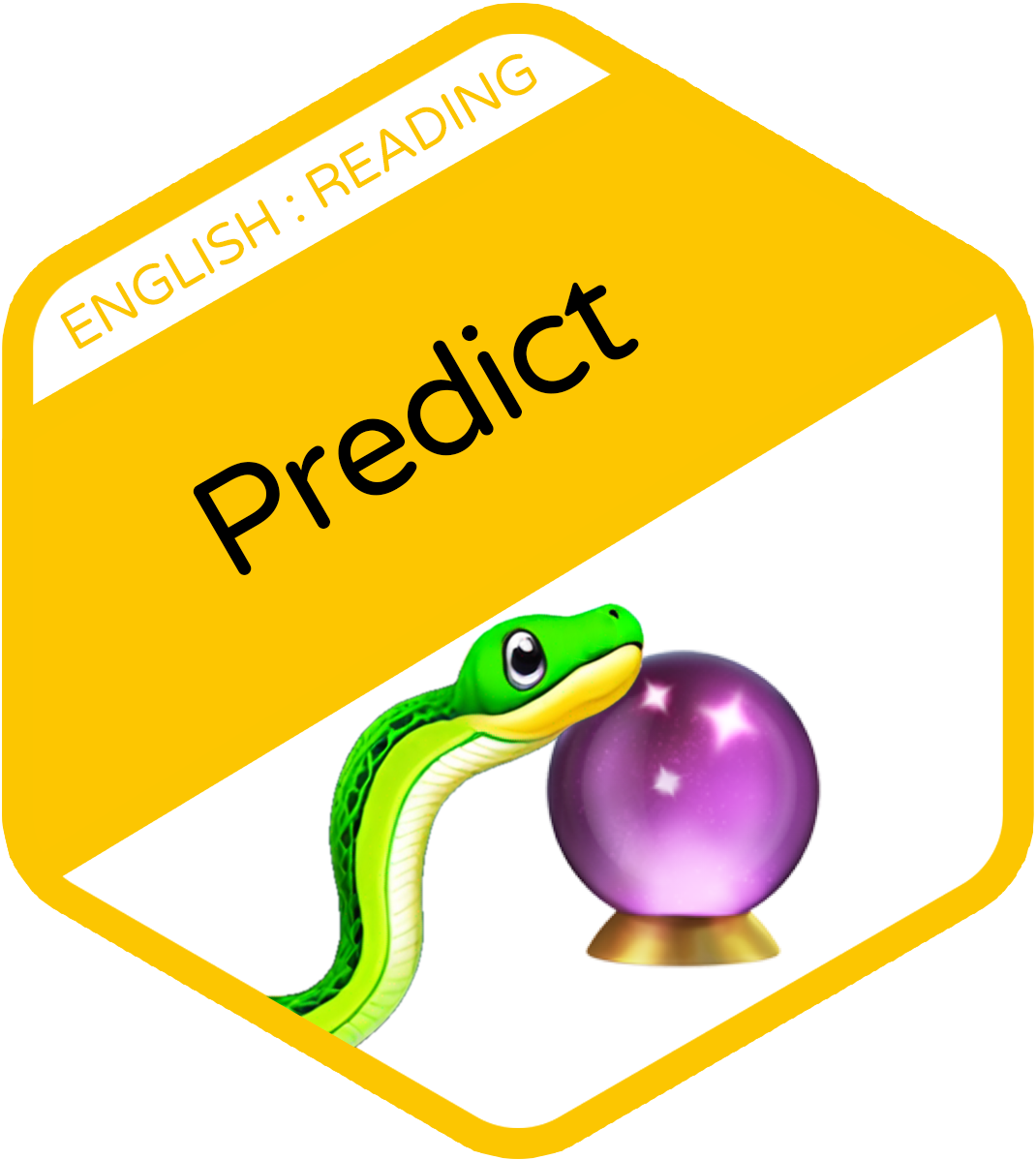
Predict
Guess what might happen from the details given and implied from the text.
-
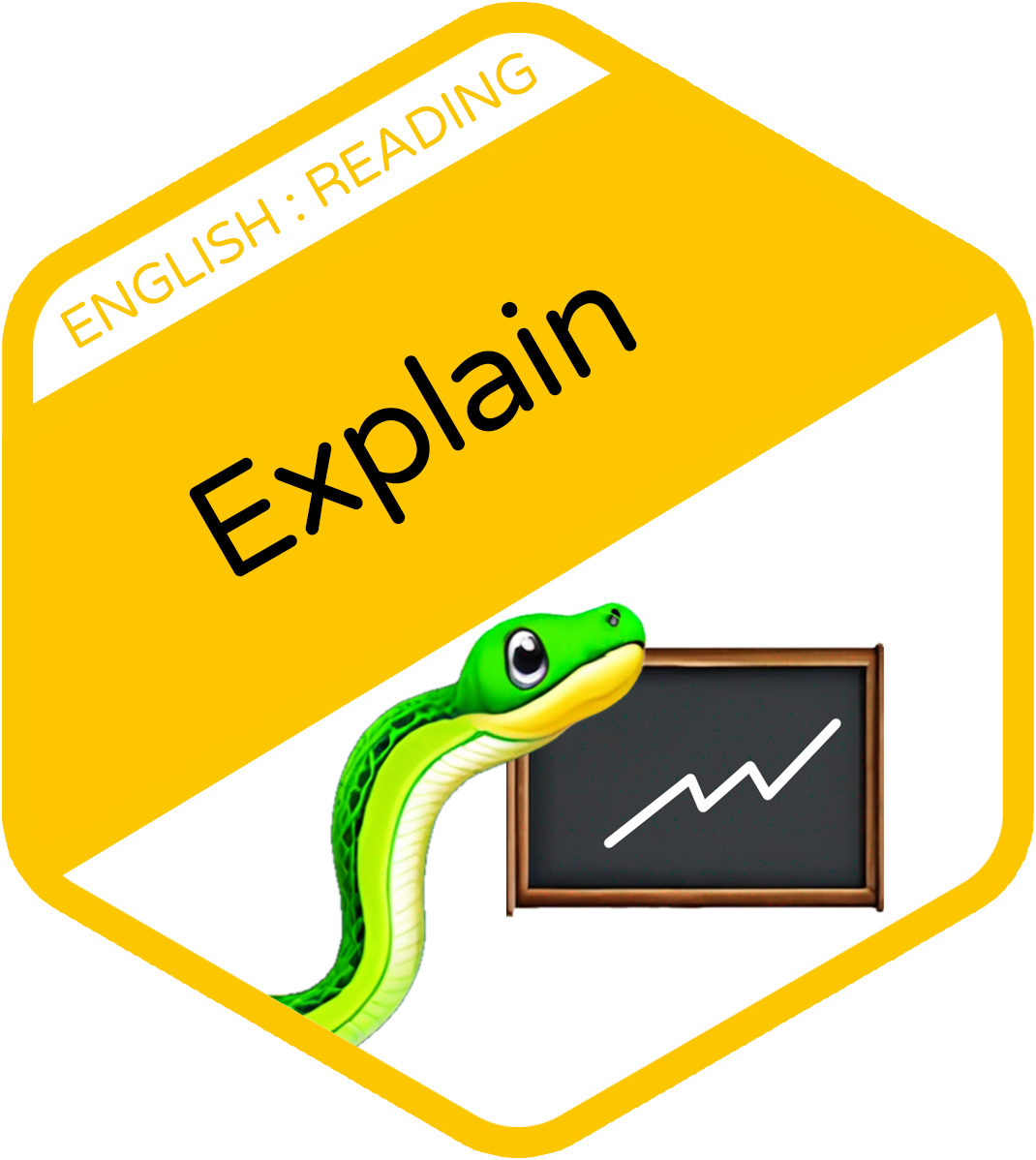
Explain
Justify and clarify a question based on the text.
-
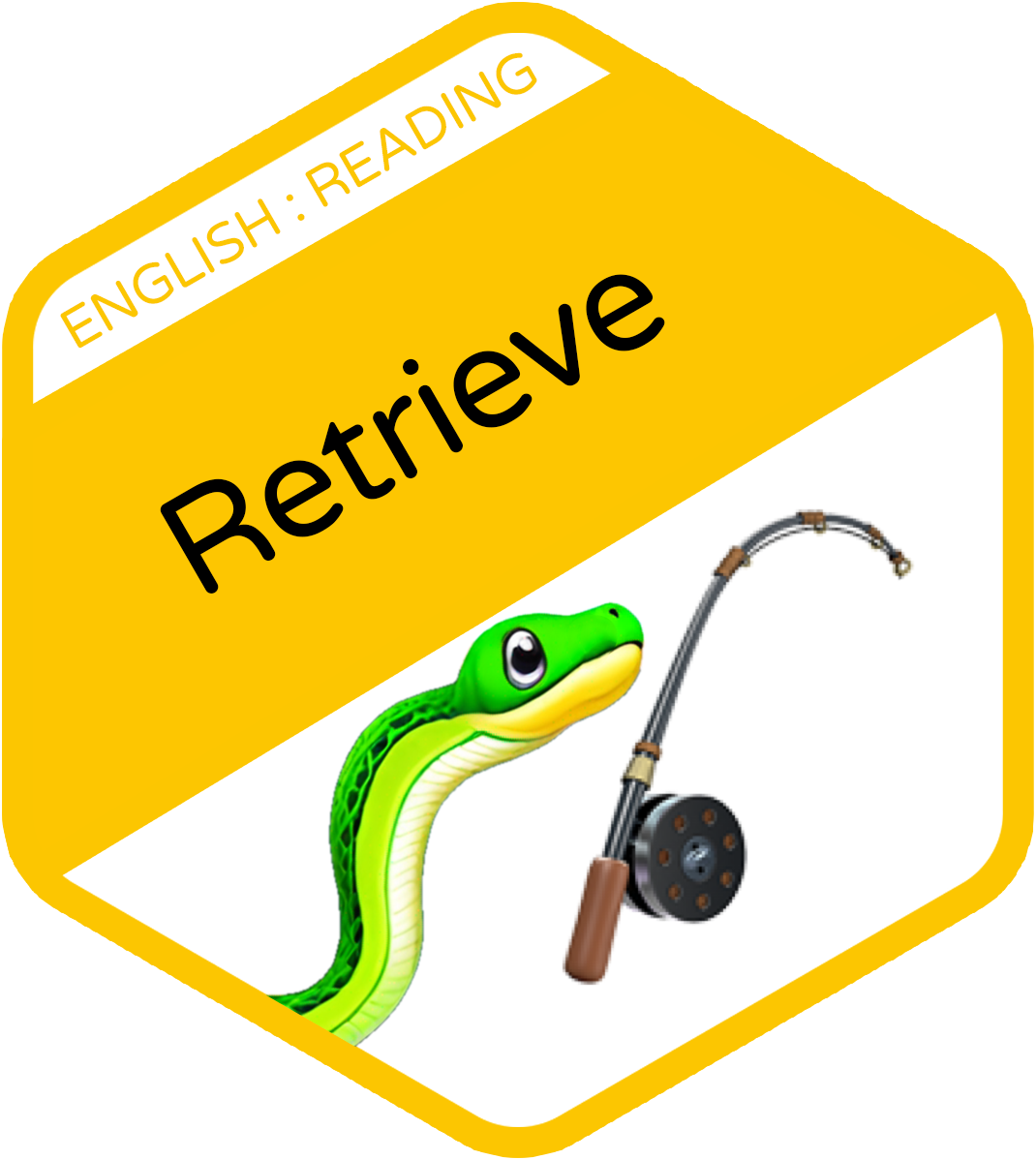
Retrieve
Find and record information and identify key details from fiction and non-fiction.
-
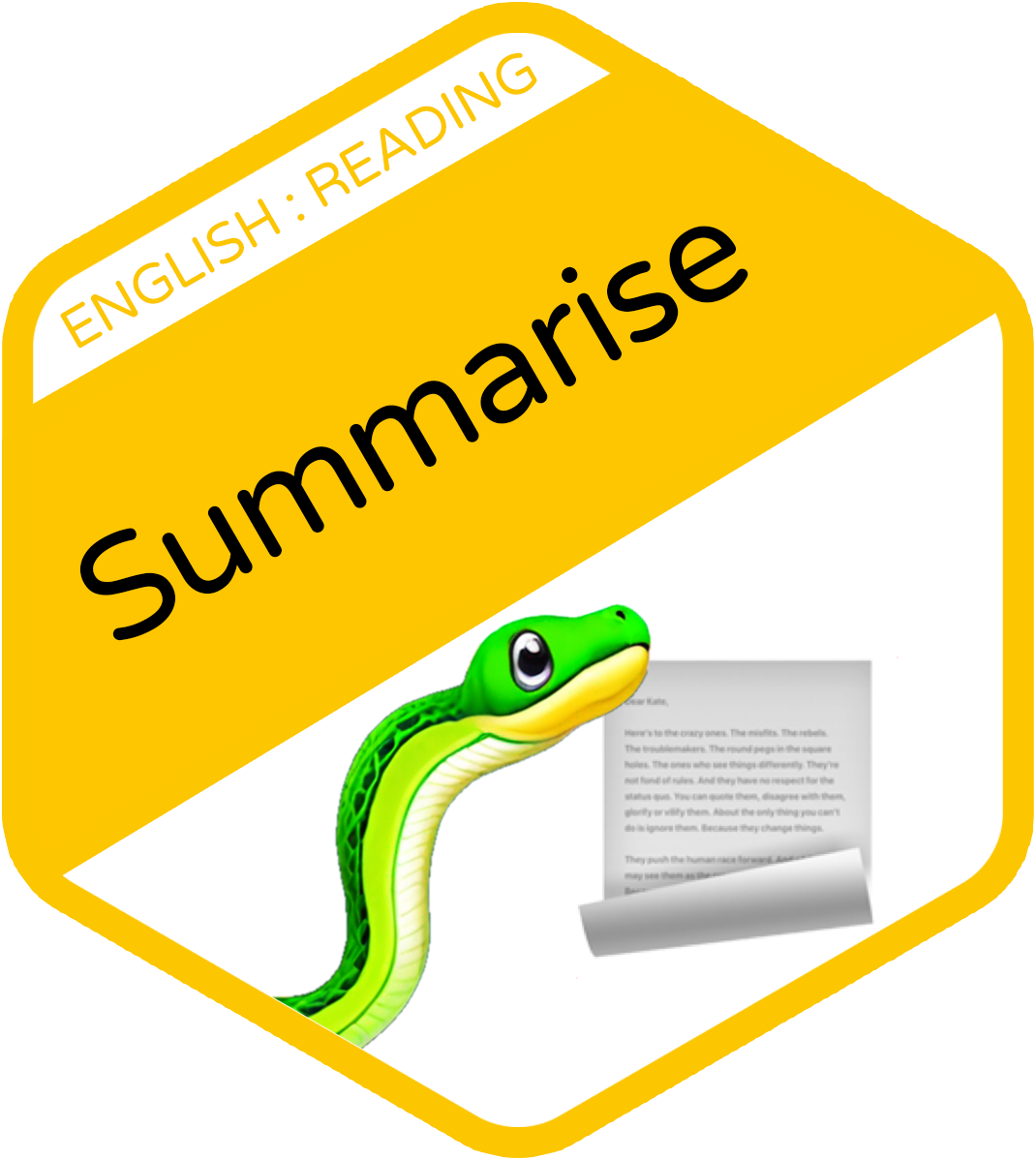
Summarise
Evaluate the main ideas from the text.
Reading Documents
Writing at Penpol School
- Vision
- Intent
- Implementation
- Impact
Penpol pupils are curious, creative and courageous learners. Our school community believes in authenticity as the foundations of deep-rooted learning. Through our rich and relevant English curriculum, we nurture community-minded, forward-facing international citizens of the future.
Why do we teach Writing at Penpol School?
At Penpol Primary School we recognise that secure English skills are the foundations to a successful learning journey and help equip children to succeed in later life. All teachers have a responsibility to develop the children’s skills in reading, writing, speaking and listening and through developing a growth mindset can help them to become resilient learners so they can access the curriculum effectively and achieve their full potential.
At Penpol Primary School, we:
- Provide a broad curriculum and balanced curriculum which will provide opportunities to write for a range of purposes, styles and audiences.
- Support all children in acquiring a wide vocabulary.
- Enable children to speak clearly and confidently and take into account the listeners need.
- Provide opportunities for children to plan, practice and evaluate their work.
- Ensure that all staff members are aware of planning, assessment, teaching and learning requirements for the English curriculum.
The world in which we live is changing rapidly; we cannot begin to predict the nature of roles and lifestyles our pupils will enjoy in the future. We can be certain, however, that a broad range of skills and dispositions will be required, alongside a well-connected bank of knowledge, in order for them to thrive. We know our amazing pupils well and are clear about our contextual challenges. The least confident pupils joining us at Penpol often need to improve the depth and range of their vocabulary in order to access the academic world. We are highly ambitious for each and every child in our school. We aim to unlock the academic code for all by supporting each pupil to develop a broad, rich and versatile vocabulary. Further, we aim to instil in each of our pupils an unshakeable belief in themselves and their potential for continued growth.
How is Writing taught at Penpol School?
At Penpol Primary School we immerse the children by using a quality text and/ or meaningful experience. We use high quality books that are relevant to the current topic taught, special events, drama, trips and other stimuli to inspire the children to write. This allows our writing curriculum to be meaningful, joined-up and rooted in real-life experiences. Children are encouraged to analyse features of the text type explored and this determines a success criteria. Appropriate vocabulary is collected and organised in order to develop the children’s vocabulary. Tier 1, 2 and 3 vocabulary are discussed in lessons and there’s explicated teaching of Tier 2 vocabulary throughout the curriculum. There is a clear progression of skills throughout the school. We build these into our English teaching sequence so it is relevant for the children and they’re able to develop a ‘toolkit’ which the children are able to use in their writing. This is practised in a short piece of writing and then the children are given opportunities to prove their understanding in a variety of longer pieces. This ensures that children are able to embed the skills in a more purposeful and relevant way. Children are scaffolded through teacher modelling and challenged in their learning to allow them to grow at the correct pace for them. The children are encouraged to use a success criteria to evaluate their own knowledge and understanding to allow them more ownership of their learning. They are supported in the process of editing and improving their work. We continue to evaluate and develop what we teach in English and how it is delivered, instilling in our pupils a lifelong love for challenge and, consequently, for learning.
What will we see from the teaching of Writing at Penpol?
By teaching English to our children will allow them to have the knowledge and skills to be able to write successfully for a purpose and audience in order to make progress from their own personal starting points. With the implementation of the writing sequence being established and taught in both key stages, children are becoming more confident writers and have the ability to plan, draft and edit their own work. By the end of Year Six, children will be able to write clearly and accurately and adapt their language and style in and for a range of contexts, purposes and audiences. As all aspects of English are an integral part of the curriculum, cross curricular writing standards have also improved and skills taught in the English lesson are transferred into other subjects; this shows consolidation of skills and a deeper understanding of how and when to use specific language, grammar and punctuation. Our pupils will acquire a wide range of vocabulary and have a strong command of the written word. Most importantly, they will develop a love of writing and be well equipped for the rest of their future.
Concepts taught in Writing at Penpol
-
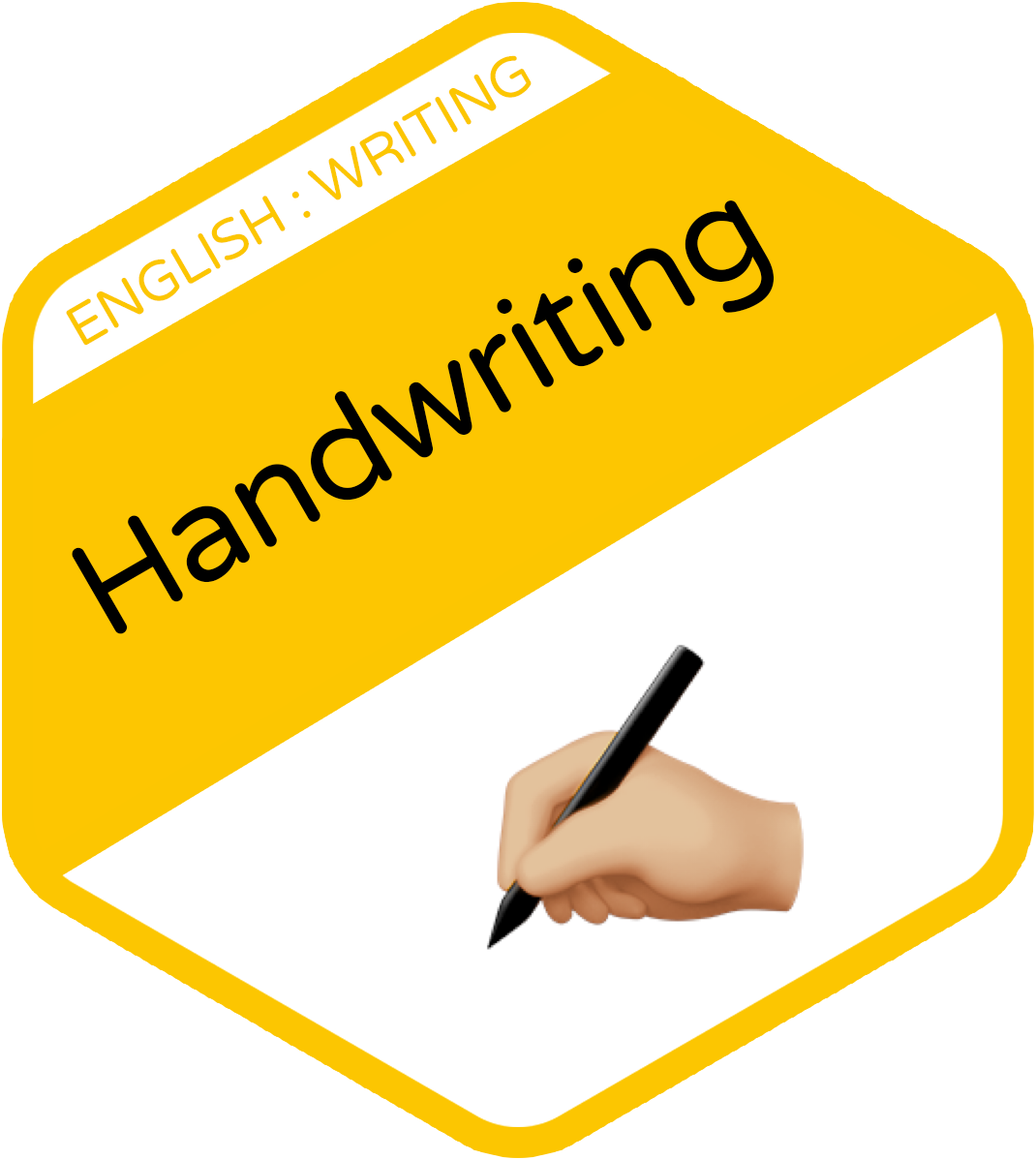
Handwriting
A style of writing by using a pen or pencil.
-
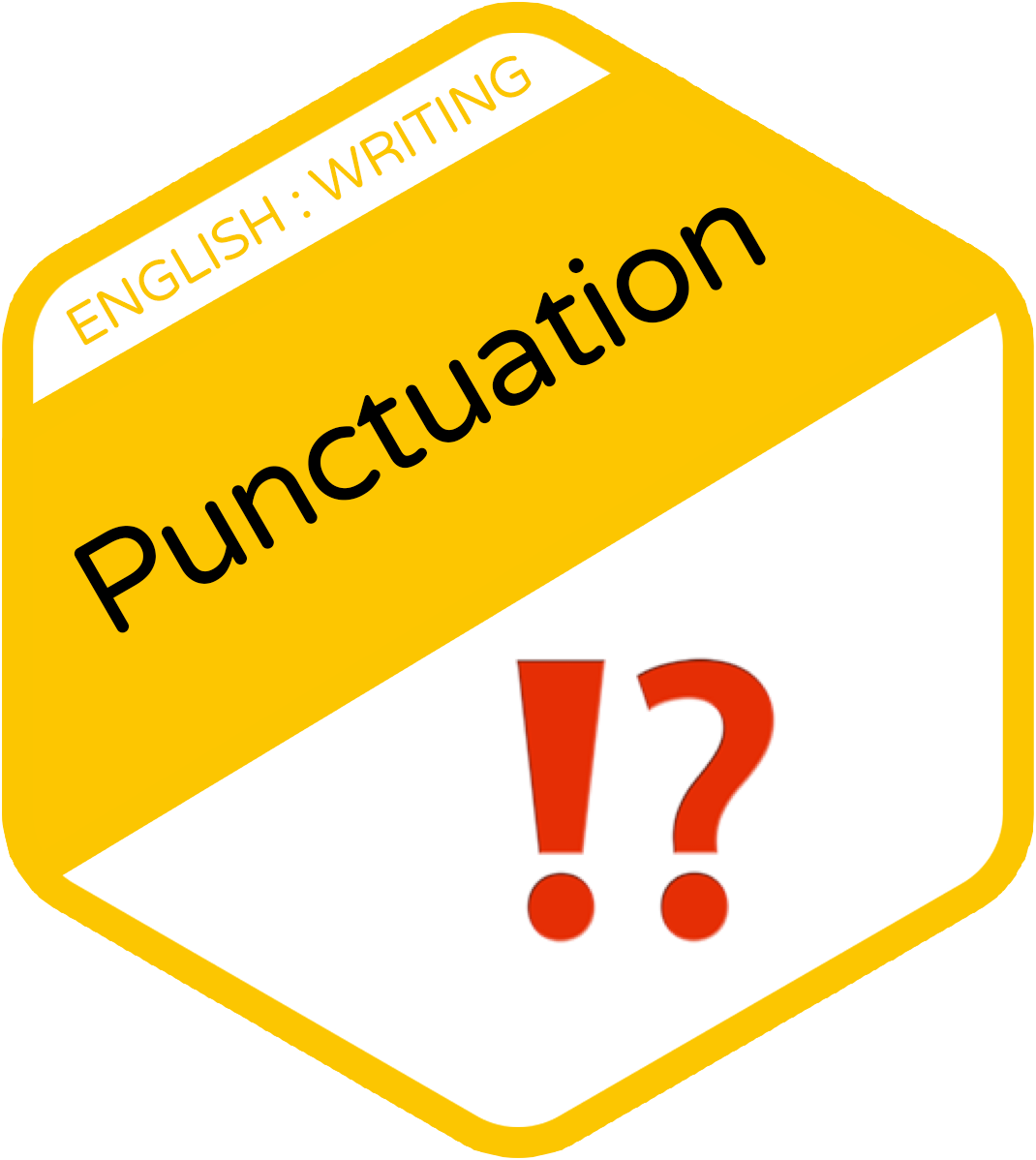
Punctuation
The separation for words by using spaces or punctuation marks.
-
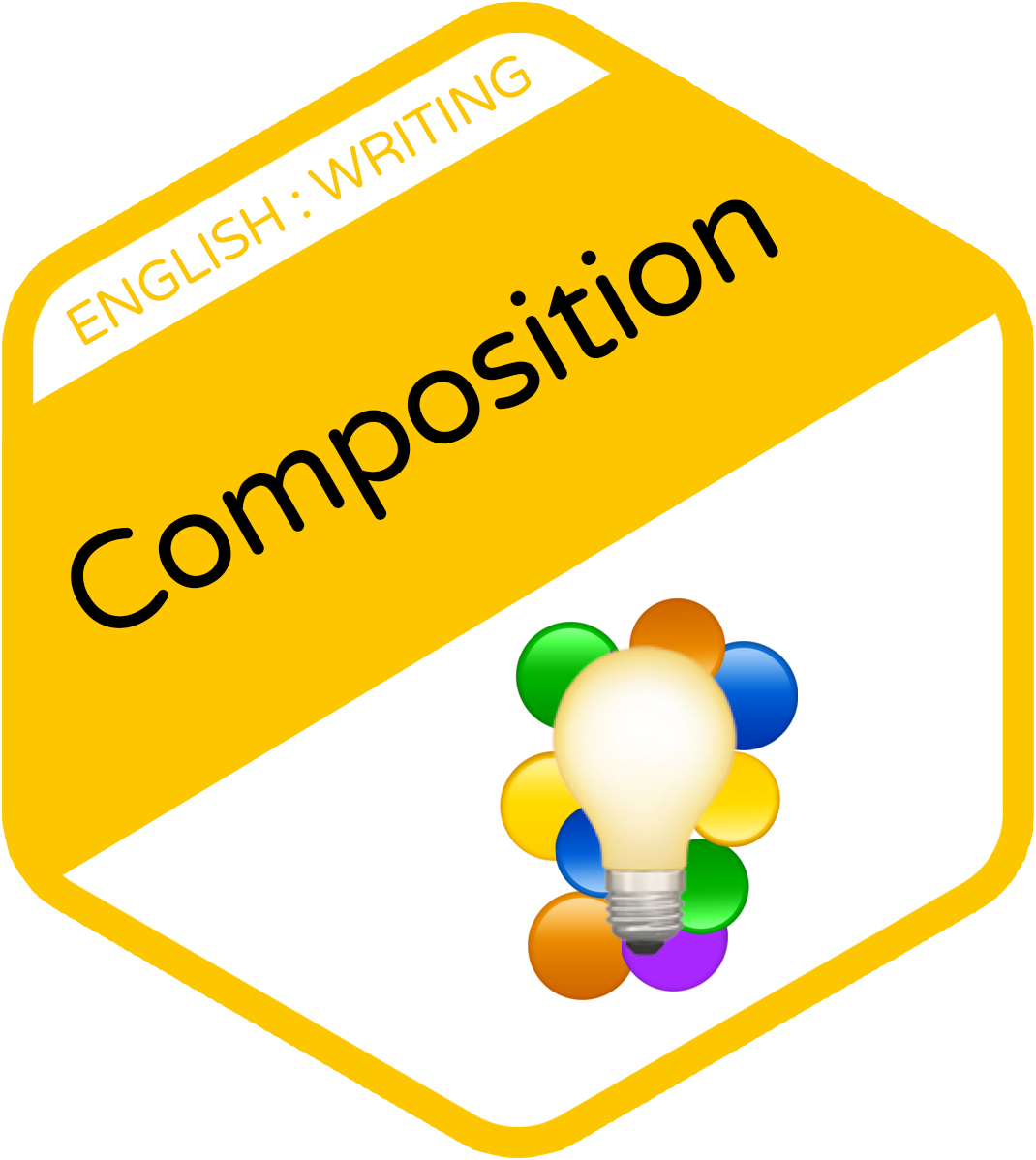
Composition
The way a writer uses and organises words to form sentences and/ or paragraphs.
-
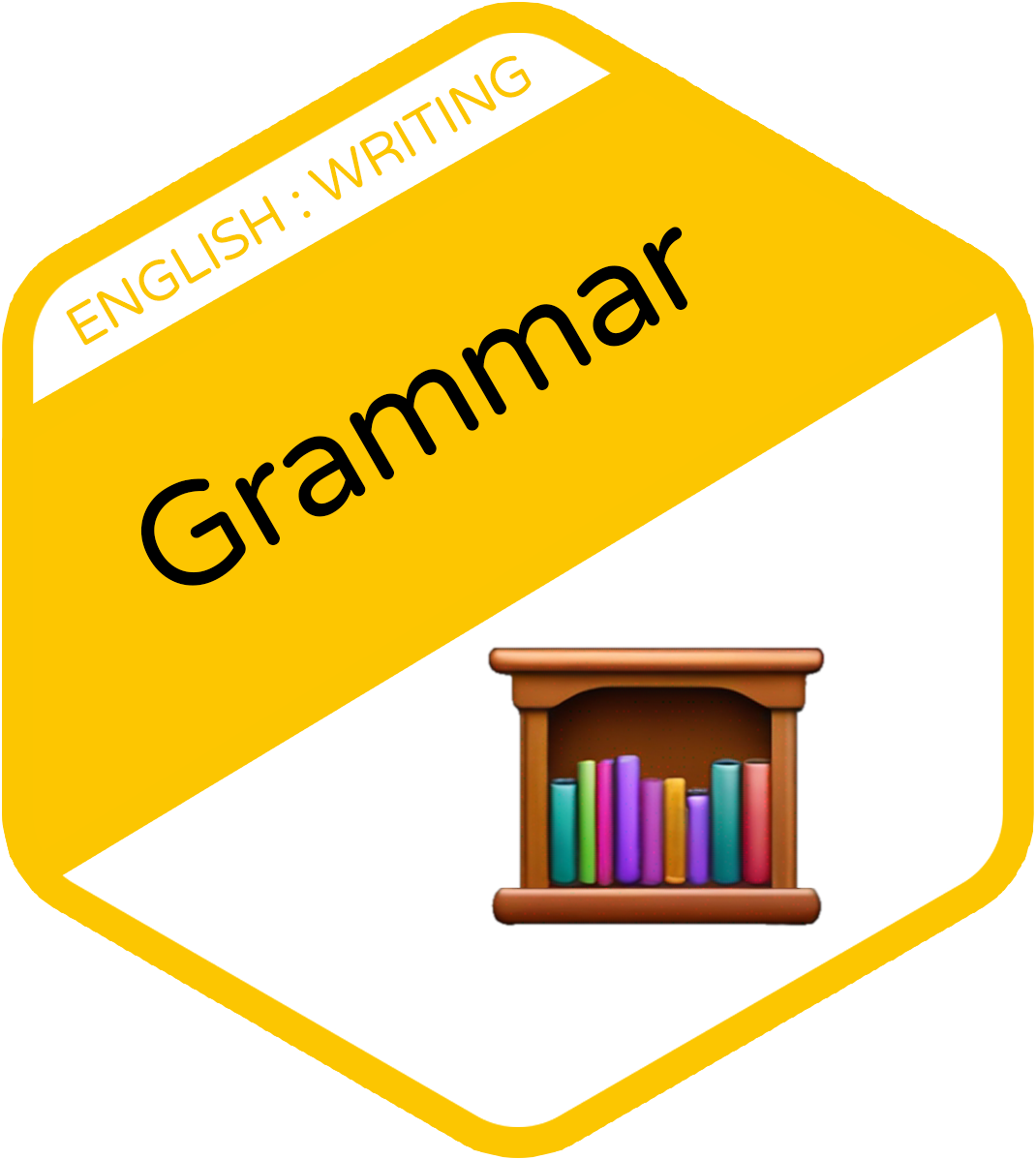
Grammar
Set of rules and systems that language follows.
-
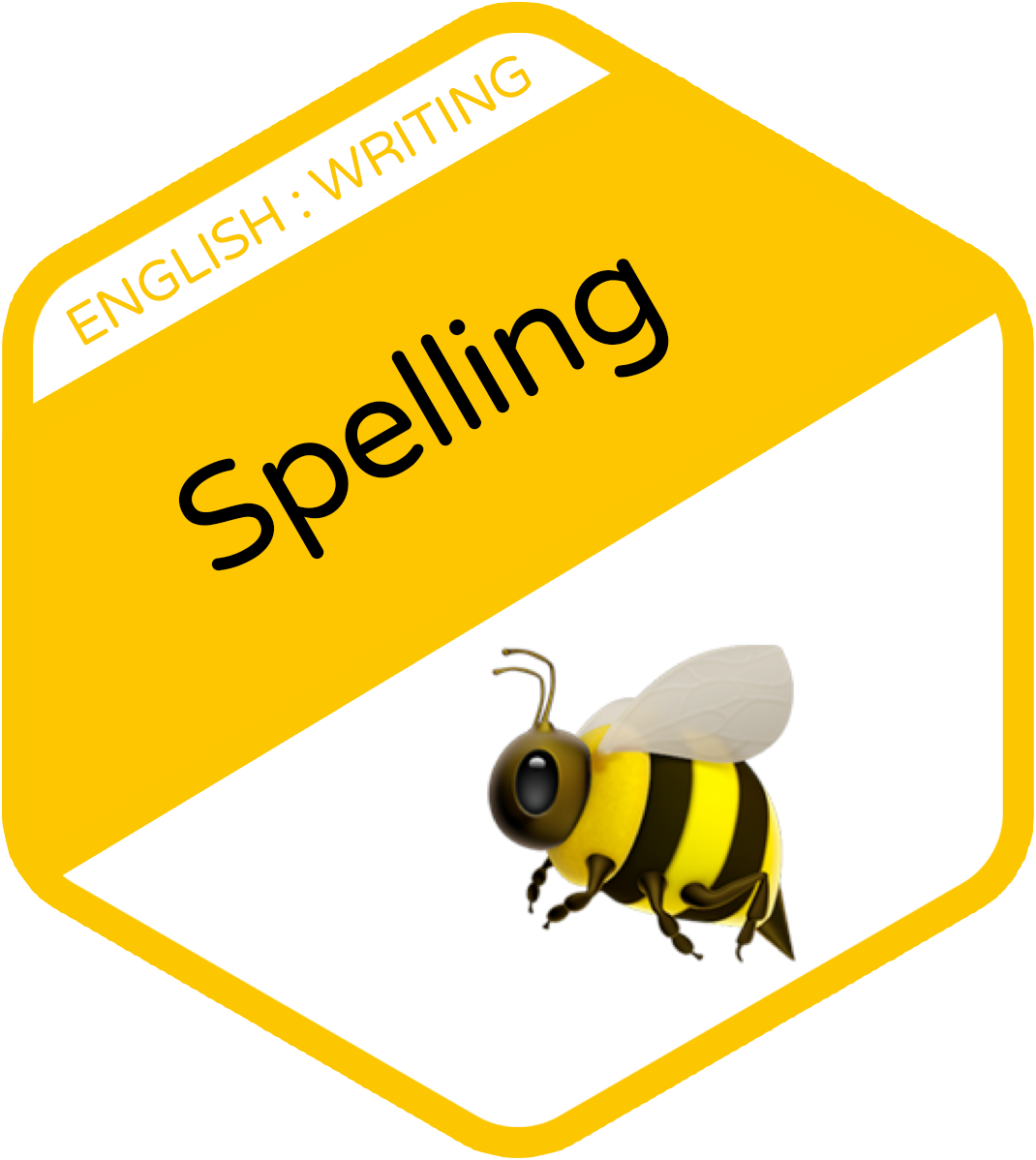
Spelling
Arrange letters in the correct order to make words.
Writing Documents
Oracy at Penpol School
- Vision
- Intent
- Implementation
- Impact
Penpol pupils are curious, creative and courageous learners. Our school community believes in authenticity as the foundations of deep-rooted learning. Through our rich and relevant Oracy curriculum, we nurture community-minded, forward-facing international citizens of the future.
Why do we teach Oracy at Penpol School?
At Penpol Primary School we are working hard to provide a high-quality oracy education and we are committed to building and embedding a culture of oracy. Oracy is the ability to communicate effectively by articulating ideas, develop understanding and engage with others through spoken language. At Penpol Primary School we want every child to find their voice. Our aim is to remove communication barriers and enable children to be confident and effective communicators at the end of primary school.
At Penpol Primary School our aim for oracy is:
- To achieve high levels of participation in dialogue – all actively participate
- To share relevant information
- To respect each other’s ideas and views
- To encourage children to elaborate their ideas
- To encourage questioning and challenging
- Check understanding by asking questions
- To engage critically but constructively with each other’s ideas
- To build on each other’s responses
- To learn the skills of language for life
- To improve children’s attainment and reasoning skills
Teaching children oracy skills will not only enable them to increase confidence in talk within school but equip them for their future.
How is Oracy taught at Penpol School?
Oracy needs to be underneath everything we do and not put on top. It will develop overtime and we need to see oracy as the golden thread that runs through every lesson. Purposeful talk is used to drive forward learning, through talk in the classroom, which has been planned, designed, modelled, scaffolded and structured to enable all children to develop the skills needed to talk effectively and with confidence. The deliberate, explicit and systematic teaching of oracy across phases and throughout the curriculum will support children to make progress in the four strands of oracy. We want every child at Penpol Primary School to find their voice. Oracy develops children’s confidence, fluency and capability to learn. By providing a high-quality oracy education empowers children, regardless of their background, to find their voice for success in school and in life. Effective communication skills are needed for children to succeed in later life.
There are two core elements to oracy:
1. Learning through talk – quality of talk in the classroom
2. Learning to talk – explicit teaching of skills
At the heart of good oracy is the dialogic classroom. A classroom rich in talk, in which questions are planned, peer conversations are modelled and scaffolded and the teacher uses talk skilfully to develop thinking. Please see Appendix 5 – The Nine Talk Moves poster to help plan rich talk discussions. There are a variety of opportunities for children to develop confidence in talk and learn how to analyse and talk about talk.
What will we see from the teaching of Oracy at Penpol?
By teaching oracy skills, children are able to explore learning through various oracy strategies and provides a way to encourage children to retain knowledge. Learning is presented in a memorable way which can help children to engrain information. Children are exposed to learning and practising new vocabulary which can help their understanding and develop their language throughout the curriculum. Oracy promotes achieving higher levels of participation in dialogue and moves away from teacher talk and encourages pupil talk. Oracy encourages children to elaborate their ideas and is a tool to promote questioning and challenge throughout the curriculum. Therefore, allowing children to think at a higher level and gain a deeper understanding. Teaching children oracy skills will increase confidence in talk within school and equip children for their future.
Effective teaching and learning use oracy because:
- Children participate better in class
- Children learn the skills of language for life
- Children’s attainment improves
- Children’s reasoning skills improve – when working together and independently
- Teachers gain a better understanding of their children’s learning
Concepts taught in Oracy at Penpol
-
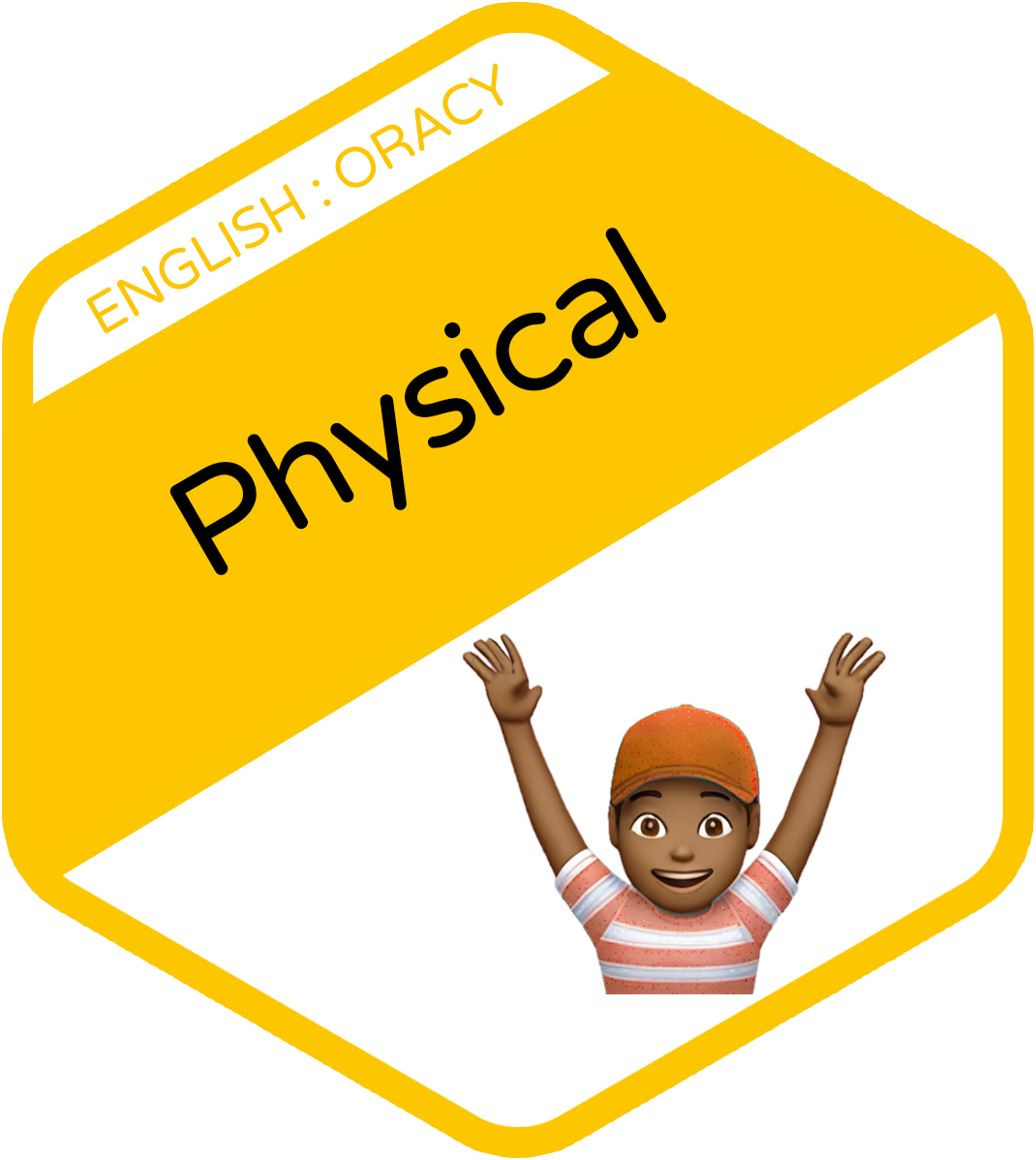
Physical
Using our voice and body language to communicate.
-
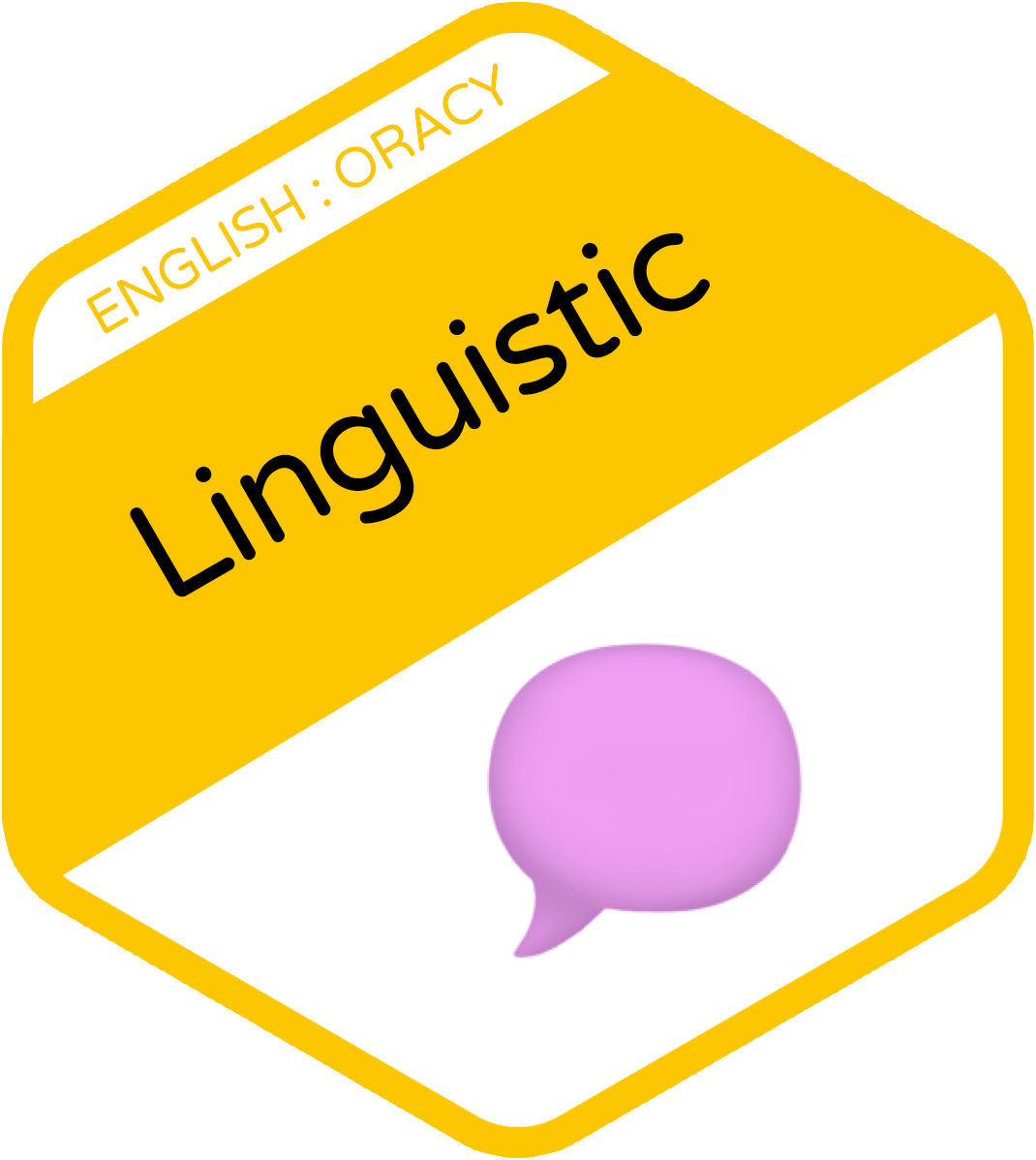
Linguistic
Using vocabulary, language and rhetorical techniques to communicate.
-
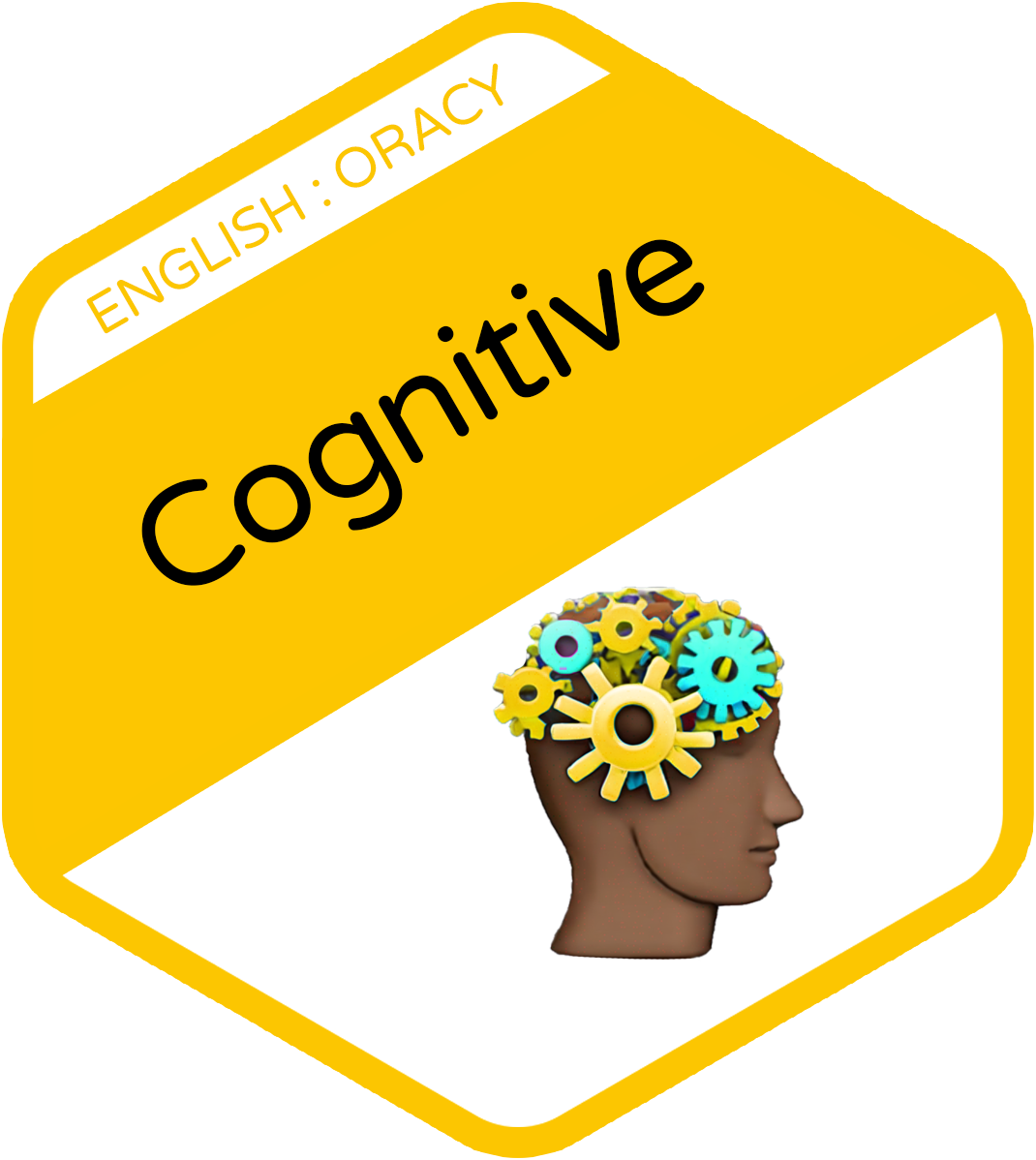
Cognitive
Giving content, structure, clarifying, summarising, self-regulation and reasoning to communicate.
-
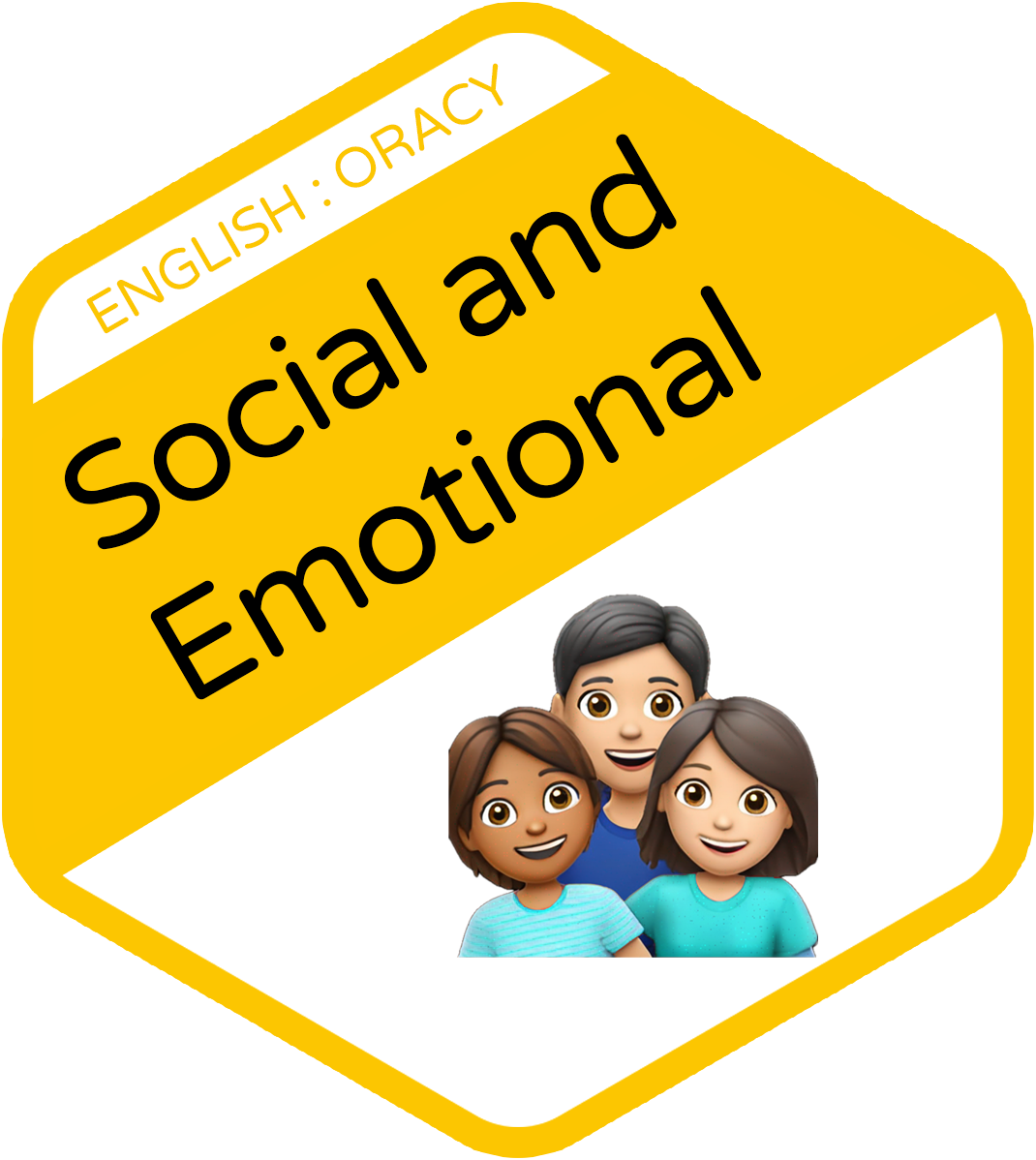
Social and Emotional
Working with others, listening and responding, confidence in speaking and audience awareness when communicating.
Oracy Documents
Useful Links
This page was last updated 3 months ago

